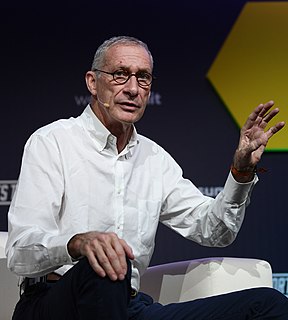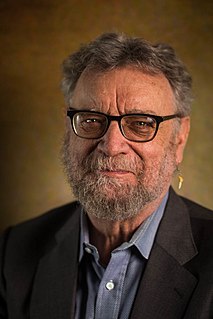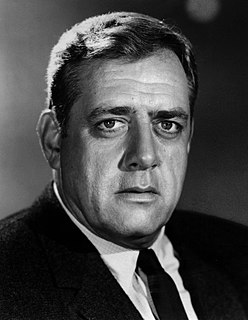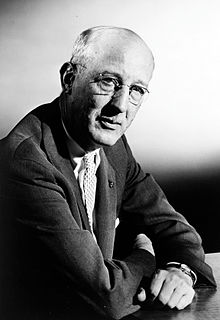A Quote by John Skipper
I actually thought I wanted to be Thomas Wolfe, but I didn't have the talent. So I thought I could edit Thomas Wolfe.
Related Quotes
Gene Wolfe is the greatest writer in the English language alive today. Let me repeat that: Gene Wolfe is the greatest writer in the English language alive today! I mean it. Shakespeare was a better stylist, Melville was more important to American letters, and Charles Dickens had a defter hand at creating characters. But among living writers, there is nobody who can even approach Gene Wolfe for brilliance of prose, clarity of thought, and depth in meaning
I can remember that on the shelves at home, there were these books by Thomas Wolfe. 'Look Homeward Angel' and 'Of Time and the River.' 'Of Time and the River' had just come out when I was aware of his name. My parents had a hard time convincing me that he was no kin whatsoever. My attitude was, 'Well, what's he doing on the shelf, then?'
Thomas had a depressing - and scary - thought. 'Am I . . . replacing someone? Did somebody get killed?' Minho shook his head. 'No, we're just training you - someone'll want a break. Don't worry, it's been a while since a Runner was killed.' For some reason that last statement worried Thomas, though he hoped it didn't show on his face.
What a general could do, Thomas did; no more dependable soldier for a moment of crisis existed on the North American continent, or ever did exist... Thomas comes down in history as the Rock of Chickamauga, the great defensive fighter, the man who could never be driven away but who was not much on the offensive. That may be a correct appraisal, Yet it may also be worth making note that just twice in all the war was a major Confederate army driven away from a prepared position in complete rout - at Chattanooga and at Nashville. Each time the blow that routed it was launched by Thomas.


































